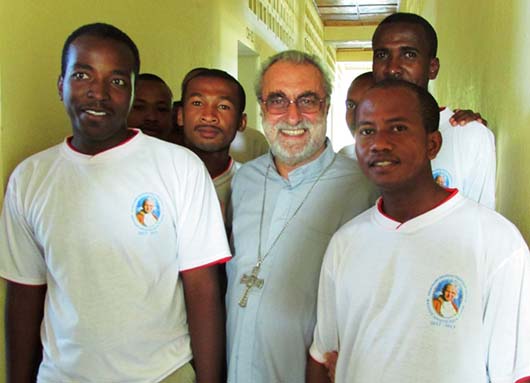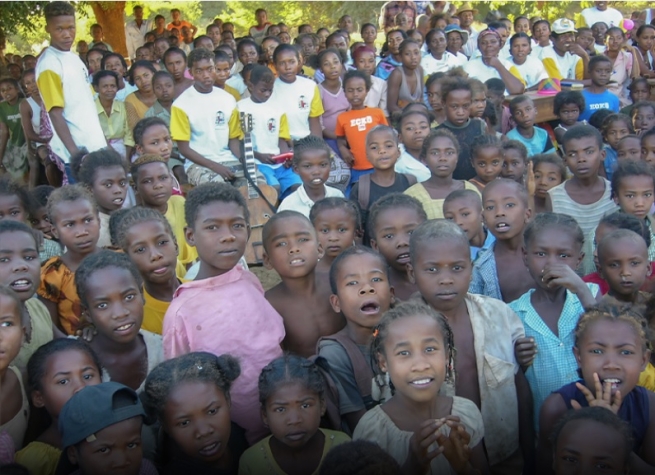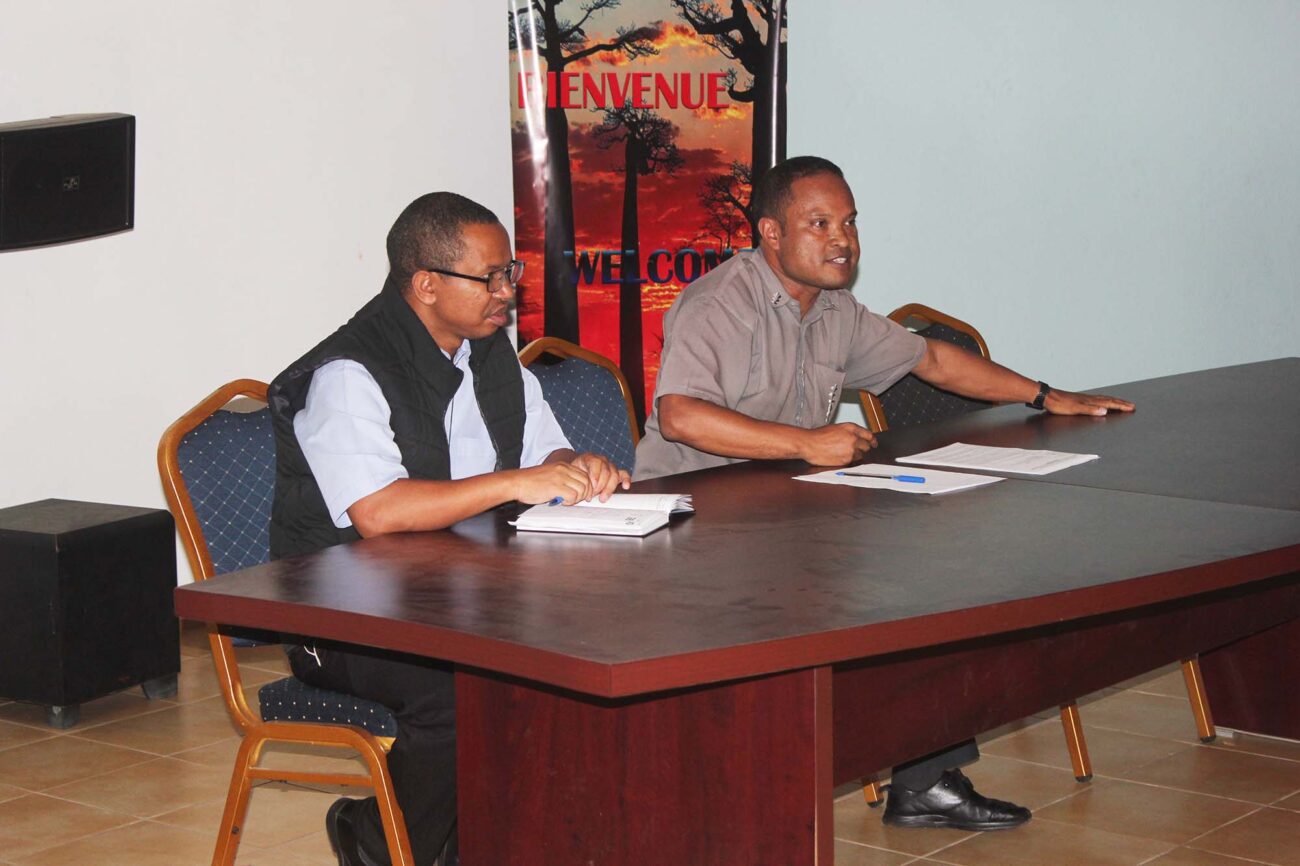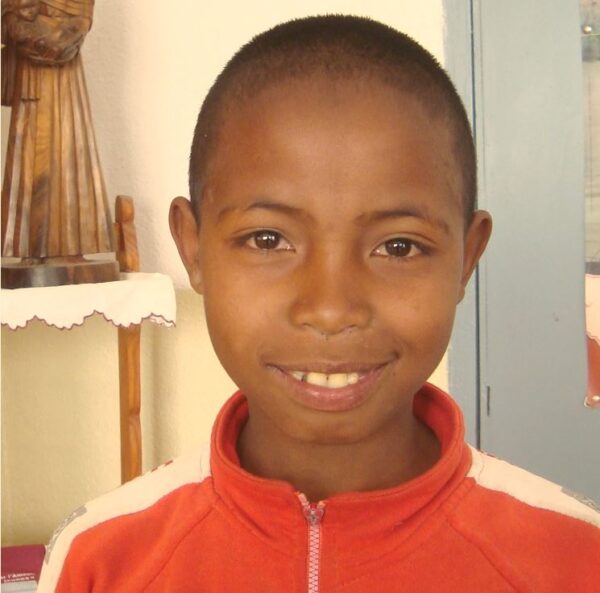MADAGASCAR: New Educational Opportunities Provide Training in High Employment Sectors Helping Youth Escape Poverty

(MissionNewswire) Madagascar, an island in the Indian Ocean off the coast of East Africa, is one of the poorest countries in the world. In order to help youth break the cycle of poverty and hopelessness, Salesian missionaires in Madagascar operate elementary, middle and high schools throughout the country. The focus of the schools is on providing educational opportunities, increasing literacy and laying a foundation for education well past the compulsory education required in the country. Access to education and training in social and life skills encourages young students to find livable wage employment, breaking the cycle of poverty.
Seventy percent of Madagascar’s almost 19 million people live in poverty with 5.7 million of those youth between the ages of 10 and 24 years, according to UNICEF. This number is expected to double by 2025. Due to Madagascar’s poverty, geography and an ongoing political crisis, the country is ranked 143rd out of the 177 countries classified by the human development index of the United Nations Development Program. Women and children in the country are particularly vulnerable to the effects of poverty.
For close to 80 percent of the country’s inhabitants who live in rural areas and practice subsistence farming, living conditions have been steadily declining in recent years, particularly when it comes to access to transportation, health services, education and markets. Because of the lack of hygiene and access to safe drinking water coupled with chronic malnutrition, people in Madagascar often suffer from respiratory ailments, tuberculosis and hepatitis.
Poverty is also exacerbated by a vulnerable geographical location and topography, which expose the country to various natural hazards, including tropical cyclones, flooding and drought. According to UNICEF, between 2002 and 2011, Madagascar was hit by a total of 22 cyclones affecting close to 3 million people, including an estimated 540,000 children under age five. An ongoing political crisis has resulted in the suspension of most external assistance to the country and has reduced the capacity of authorities to effectively respond to emergencies.
The diocese of Ambanja, located on the north western coast of Madagascar, recently started a Catholic university. Currently, courses are being held in temporary premises until the school finishes its final preparations and the long-awaited project becomes a reality.
“There are 70 students enrolled in the law program and another 35 in agronomy,” says Father Rosario Vella, Bishop of Ambanja. “Next year we would like to start courses in business and economics as well as ecology and tourism, because this is a tourist area where there is a great need for environmental protection.”
“The choice of university programs responds to the job opportunities and the needs of the area. The course in law is really necessary because there is no justice in Madagascar and the poor are discriminated against and the rights of the weakest are often trampled upon,” adds Bishop Vella.
Because many students will need to travel to attend the university, the diocese has set up a safe housing option where students are able to live and study under the care of family or school personnel.
In the city of Bemaneviky in northern Madagascar, a Salesian program started last year is working to close the digital divide. Because of a lack of funding and limited access to technology, many youth in Bemaneviky have had no training in technology, including basic computer and internet skills. The program provided new computers, projectors and a printer to local schools and, through a collaboration with Computer Scientists Without Borders, was able to train teachers, most with no experience using a computer, in basic computer skills and use of the new equipment. So far, the training has been intense but effective.
“This is an exciting addition to the schools in Madagascar,” says Father Mark Hyde, executive director of Salesian Missions, the U.S. development arm of the Salesians of Don Bosco. “The impact has been far reaching. Students are learning new technology skills and with updated technology and better communication, many families have access to a wealth of knowledge for the first time.”
###
Sources:
ANS – Madagascar – The Excellent Contribution of Catholic Education in a Country in Crisis
Salesian Missions – MADAGASCAR: New Partnership is Closing the Digital Divide
UNICEF – Madagascar




